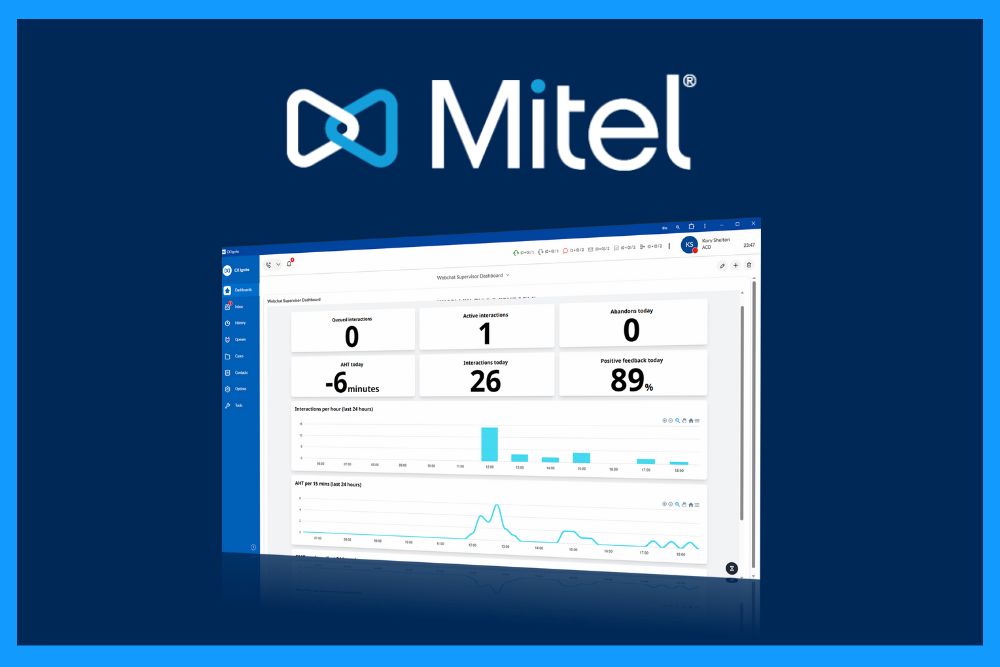For decades, all communications systems were on-premises. Then came unified communication as a service (UCaaS), or cloud-based communications, which offered new capabilities and flexibility. But not every company wanted to migrate its entire communications solution to the cloud.
Luckily, the cloud isn’t an all-in or all-out technology. Many organizations are using hybrid systems to add capabilities or to transition to a fully cloud-based system.
Is hybrid unified communications (UC) the future? Many analysts see it as the fastest-growing option for now and the near future.
But not all hybrid systems are created equal. There’s a world of difference between public-grade technology and platforms built for the enterprise. Before moving beyond an on-premises system, organizations should consider two factors: who will design, implement, and support the transition to a hybrid system, and what technology platform will they use?
VOIP Networks uses the following process and technology to help organizations realize the full benefits of a hybrid system.
Step 1. Focus Groups
We spend time with both management and key stakeholders to begin building a true partnership. Through focus groups and in-depth conversations, we gather critical information about how the organization operates and the role of communications internally and externally.
We dig deeply into wish lists and explore opportunities for operational improvement. We answer questions and outline how a hybrid system can extend and streamline their current operations.
We want to understand the organization and show stakeholders how a hybrid communications system can boost their efficiency and support their customers. We also want executives and stakeholders to see the possibilities that the right communications solution can provide.
Step 2. Proof of Concept
To help organizations understand how the proposed solution will improve their operations, we can install a small, proof-of-concept system. Organizations can try a system in their own environment to see how it will improve their operations before committing to a full rollout.
Step 3. Deployment
Our U.S.-based experts work with clients to install and update equipment. We also provide remote programming and any other technical services required to integrate the system with existing operations, including API development. We don’t ship boxes of equipment with installation instructions or links to installation videos; we make sure everything is set up and working correctly.
Step 4. U.S.-Based Support
All VOIP Networks clients receive U.S.-based, white-glove support, 24/7/365. We train staff to ensure they’re getting the most from their new system. We show managers how to use advanced analytics to boost efficiency. As organizations add locations or capabilities, we can manage those changes as well.
Hybrid Benefits on a Managed Private Cloud
While most UCaaS providers host their offerings on a public cloud to reduce costs, VOIP Networks uses a managed private cloud architecture, built on a Mitel backbone to support Mitel solutions. With a Mitel hybrid cloud solution, organizations can have specific applications (e.g., MiVB, MiCC, MIR, etc.) in the managed private cloud environment for the corporate office, while deploying physical or virtual servers (using the same Mitel software) at satellite locations—or vice versa. Companies can pick the architecture that best meets their needs,
A managed private cloud offers enterprise-level quality. Unlike public clouds, every organization has its own dedicated virtual servers. The client organization can control the operating system, applications, and upgrades. With a public cloud, if one organization is hacked or otherwise compromised, all organizations on that server face security risks. A managed private cloud is not only more secure, but it also offers superior flexibility and scalability.
In short, organizations can enjoy the same level of control as with an on-premises system, but with expanded capabilities. A properly designed hybrid UC system creates a unified, seamless experience for both users and customers. And because VOIP Networks relies on a managed private cloud in multiple data centers, organizations experience maximum uptime and reliability, even during a power failure or natural disaster.
For more information about exploring the benefits of a hybrid UC system, please contact us at 800.494.0000 or sales@voipnetworks.com.






